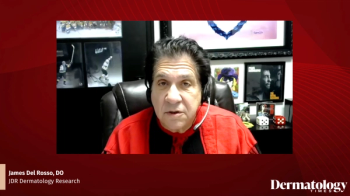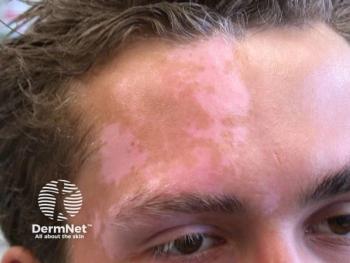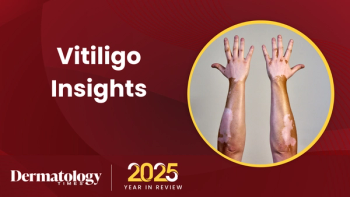
Screening for Other Conditions in Patients with Vitiligo
Nada Elbuluk, MD, and David Rosmarin, MD, discuss screening patients with vitiligo for common comorbidities.
Episodes in this series

David Rosmarin, MD: When you see a new patient, do you check TSH [thyroid-stimulating hormone] or do any other screening labs?
Nada Elbuluk, MD: That’s a great question. I was going to ask you the same thing. A lot of us in the vitiligo community like to talk to one another about what we’re screening for. I tell patients with vitiligo that there’s a 20% to 30% risk of them having thyroid disease in some form. I like to screen for thyroid disease in that introductory visit. I check some other basic labs as well. I know there’s variability in what individuals do. Some will do other labs based on the review of systems. If the patient has anything else that’s positive, that would link them, check it. I like to check vitamin D level as well. I check for any other thing that, as I said, is positive in the review of systems. I’ve been surprised by how many people have come up with abnormal thyroid labs, who didn’t even have any symptoms. That’s why I screen for that regardless. How do you like to do it in your practice?
David Rosmarin, MD: Similar to you, I screen for TSH on the first visit because of the high yield: up to 25% of patients have autoimmune thyroid disease. But I typically don’t screen for other diseases, which can be associated at much lower frequency, like pernicious anemia, type 1 diabetes. Those are more rare, even though they’re associated.
Transcript edited for clarity
Newsletter
Like what you’re reading? Subscribe to Dermatology Times for weekly updates on therapies, innovations, and real-world practice tips.












